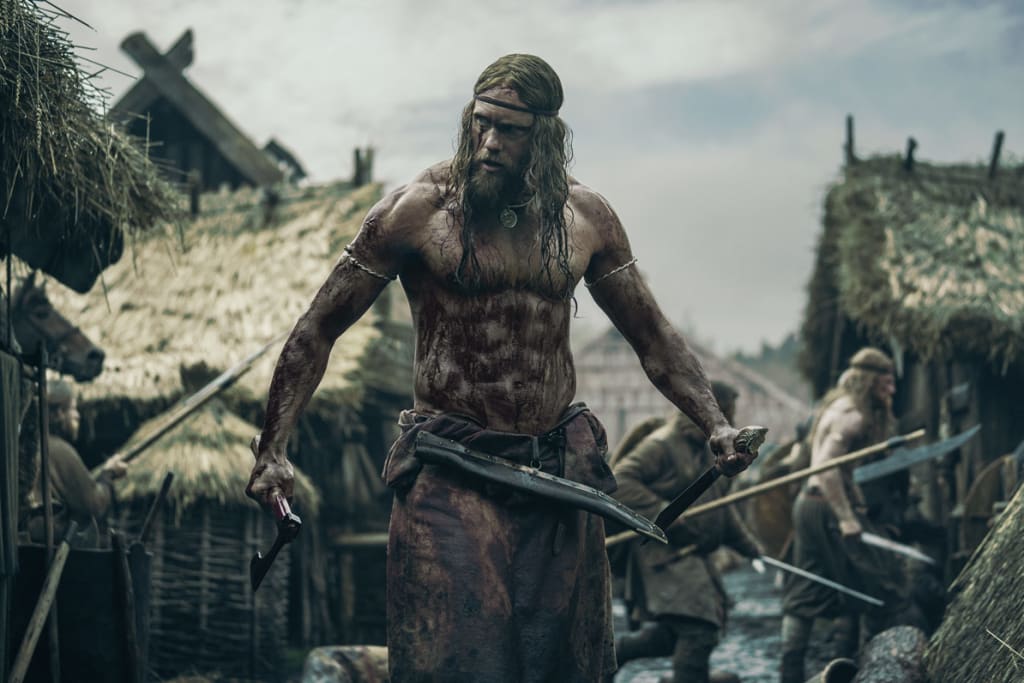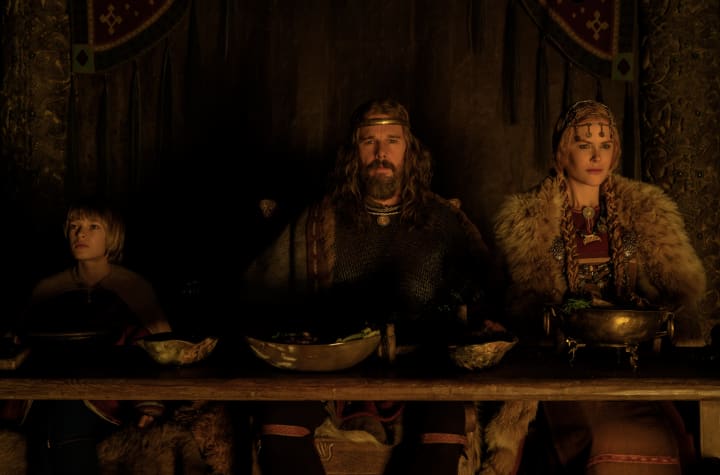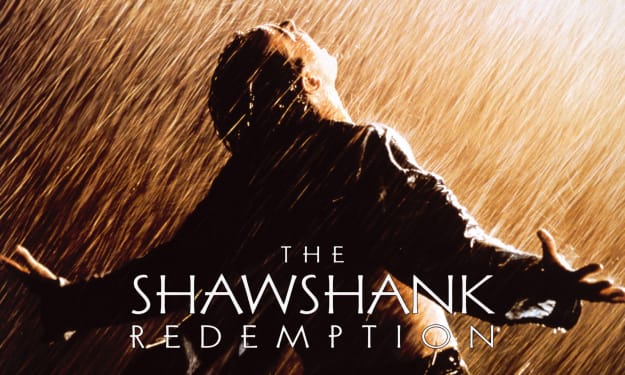
FIRST. Amleth -performed in Eggers' film by Alexander Skarsgård- is the anagram of Hamlet, of Shakespeare... or, perhaps, it's the other way around. The chronology marks that the “Legend of Amleth” (a Scandinavian text that appeared in the 13th century Gesta Danorum ) precedes and inspires the Shakespearean tragedy. The reality marks that the tragedy of the English bard is one of the most powerful and famous works in the literary and theatrical history of the West. The order of the factors does not alter the product, it seems.
SECOND. Or maybe yes: that's why Eggers, when in doubt, adds and mixes vertiginously -albeit neatly- interesting doses of supposedly Viking culture a la Vikings (in all its seasons from Ragnar to the current one), mystical delusions a la The source of life (2006) by Aronowski, grotesque screams and very marked abs at 300 (2007) by Zack Snyder, family mischief of noble blood a la Game of Thrones (2011 – 2019), medieval ferocity a la Valhala Rising (2010) by Winding Refn, 13-warrior epic parade [1] (1999) by John McTiernan, and an ending with a lot of flavor to StarWars III: Revenge of the Sithwith Anakin and Obi Wan fighting with their swords between the hot and liquid lava setting a fantasy and cartoonish medievalism of the s. IX AD. between Scandinavia, Baltic Europe and the rocky, icy grasslands of Iceland.
THIRD. There are, therefore, dialogues in the format of parliaments, with highly theatrical declamations and Renaissance rather than medieval rhymes, embedded in an almost parodic game of lyrical seriousness: the way it is said (over what is said precisely) is, apparently , “poetry” for Eggers no matter how aesthetically he forces these statements with special effects, gloomy and epic Nordic folk music, and old hangovers from satanic rites left over from his previous films.
FOURTH. However, Anya Taylor Joy (Olga, a kind of Russian witch; emulator of a beautiful history teacher in Córdoba, the brunette version) breaks it again: the scene of the boat when it moves away and she launches a kind of gualicho is wonderful because of the how it captures the essence of that moment and with it, perhaps, what the film failed to mystify despite all its previous good intentions.

FIFTH. Nicole Kidman (Amleth's mother) is another one who shines even though the botox overdose paralyzes her beautiful and highly expressive features (necessary) that confirm her as one of the best actresses of her generation.
SIXTH. The metaphorical key dismantles any historical anchor and that is a credit to Eggers, who, however, in some passages of the film, is a double-edged sword for him: the bloody realism of the very explicit violence in the film is a centimeter from the parody before the "mythical", "legend", "serious" story so that it atomizes everything else.
SEVENTH. The Northman was inflated. Perhaps more. And that's fine: we have to sell now that COVID 19 seems like a bad cartoon from the past and the cinema returns to the splendor of full theaters. It's a theater movie precisely because of its sound, photography -CGI through- and various editing effects.
EIGHTH. Amleth is a berserker, he is a fallen prince, he is a soul fed only from revenge, he is a beast of muscles with a strong incestuous Oedipus among his most intimate desires, he is a highly rational being despite the brutality of his actions, he is a sensitive person, inclined to be fair, with codes, with morals, with a powerful love for his father who was betrayed and killed by his brother. Amleth is Hamlet and the skull in the cemetery is not a human skull but that of a goat contaminated with hallucinogenic mushrooms. Amleth is Hamlet and his Ophelia is saner than anyone else in history. Amleth is Hamlet and the tragedy of his fate is as predictable as it is bland; as inconsequential as it is unquestionable, since, from the beginning of the film, one knows how it will end and if one doesn't know it, the ending isn't too surprising either.

AND NINTH. The Scandinavian folklore that the film's marketing sells so much is hardly an anecdote, as it was for Borges when he wrote texts based on this folklore. “The Scandinavian” is anecdotal in Eggers and perhaps the great merit and demerit of the film dwells there at the same time: taking it seriously can leave little flavor; taking it as a passing entertainment can be an experience, at least, satisfactory. One way or another, we all know how Hamlet ended: that anagram for Amleth… This prince who knew that something smelled bad in Denmark between ghosts, profane uncles, treacherous mothers and poisoned swords.






Comments
There are no comments for this story
Be the first to respond and start the conversation.